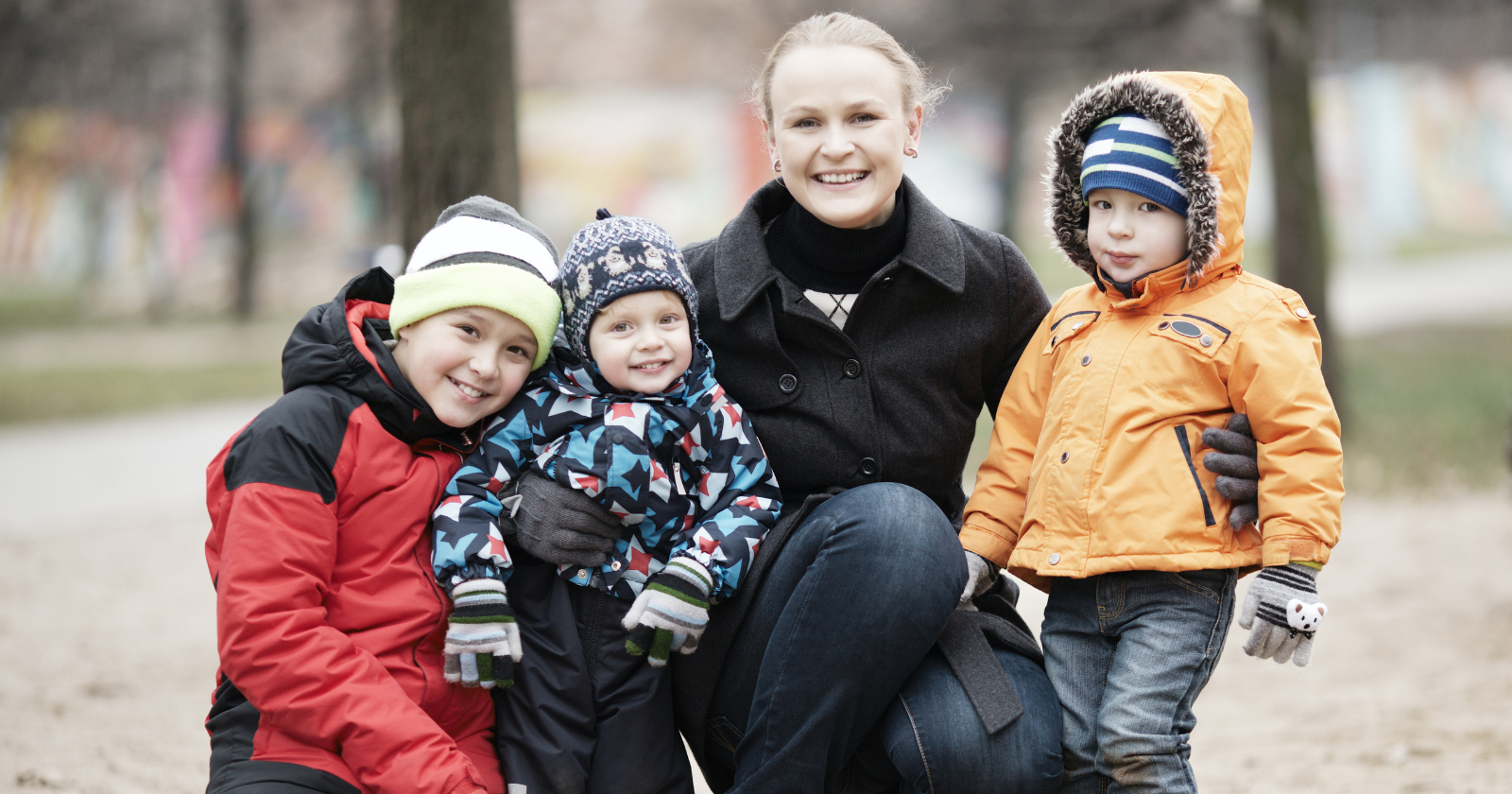Some days as a parent, love feels effortless. One child makes you laugh, follows directions, and says thank you without reminders. Another challenges you, questions rules, and tests your patience in ways that make you second-guess everything.
I’ve been there. As a mom of three sons, I’ve learned that love doesn’t always show up in identical ways.
Some days it feels effortless; other days it takes patience and choice. What truly matters is the consistency of our presence, not the ease of our feelings.
Favoritism can slip in quietly, not because we love one child more, but because we connect with them more easily.
The good news is, connection can be learned and practiced.
Here are eight habits that help keep love steady, even when it’s tested.
1. Notice who’s getting your attention and who’s not
Have you ever realized you’re giving one child more eye contact, laughter, or help with homework than the others? Attention is love in action, and kids sense it instantly.
I started paying attention to who got my “soft eyes” moments, those tiny interactions that say, “I see you.”
Some days I realized I was smiling more at one son and sighing more at another. Awareness was the first step.
Experts have noted that children interpret even subtle patterns of attention as indicators of love. It doesn’t take long for those patterns to shape how they see themselves and their siblings.
When you notice who you naturally gravitate toward, you can make conscious choices to rebalance.
Related Stories from The Artful Parent
Sometimes that simply means spending five unhurried minutes asking the quieter child about their day.
2. Praise effort, not personality
It’s tempting to call one child “the easy one” or “the responsible one.” Labels sound harmless, but they can create unspoken hierarchies.
Research shows that praising kids for being smart can actually hurt their motivation more than praising them for working hard.
When I learned that, I began shifting from “You’re so good at this” to “You really worked hard on that.”
Effort-based praise levels the playing field. It reminds children that love and approval are earned through intention, not identity.
When we emphasize perseverance over innate ability, every child gets room to grow without competing for who’s “best.”
- My adult children didn’t respect me until I said goodbye to these 7 habits - Global English Editing
- When sharing your content actually makes business sense: Creative Commons in 2026 - The Blog Herald
- Psychology says people who push their chair back in when they leave a table usually display these 8 unique traits - Global English Editing
3. Let emotions belong
Some kids are easy to comfort. Others express feelings like small thunderstorms. I used to dread those emotional outbursts, especially when I was tired or busy. But avoiding them made things worse.
Daniel J. Siegel, MD, author of The Whole-Brain Child, notes that helping children name their feelings (“name it to tame it”) can help them calm down and learn to regulate emotions.
That advice changed how I listened. Instead of saying “You’re fine,” I began saying, “It sounds like you’re really frustrated.” I didn’t need to fix it; I just needed to name it with them.
Once emotions are seen and validated, even the “difficult” child starts to feel easier to love.
4. Create small rituals for each child
In a busy household, fairness doesn’t mean sameness. Every child has their own rhythm, and rituals honor that.
For years, my oldest and I bonded during long drives where the silence felt easy and comfortable. My second son loved staying up late to talk and watch TV together. My youngest was happiest in the kitchen beside me, cooking dinner and turning simple meals into shared memories.
Those rituals became equalizers. They reminded me that each child connects differently and that love doesn’t need to look identical to feel balanced.
Even five minutes of one-on-one time can heal a lot of small hurts that favoritism leaves behind.
5. Stay humble enough to say “I’m sorry”
I’ll never forget the day I snapped at my middle son after a long workday. He looked at me, wide-eyed, and said softly, “You’re always mad at me.”
That cut deep. Later that night, I sat on his bed and said, “I’m sorry. You didn’t deserve that.” His face softened instantly.
Apologizing to our children models humility. It teaches them that love isn’t about perfection, but repair.
It resets the emotional balance between siblings, showing that every voice matters, including ours.
Parenting isn’t defined by being mistake-free. What truly matters is how we respond afterward: with honesty, humility, and a willingness to repair the connection.
6. Reflect before reacting
Some children push every emotional button we have. They mirror our own insecurities, and it can be uncomfortable.
One lesson that helped me came from reading Laughing in the Face of Chaos by Rudá Iandê. He writes, “Being human means inevitably disappointing and hurting others, and the sooner you accept this reality, the easier it becomes to navigate life’s challenges.”
That truth softened something in me. I realized that frustration with my children often came from my own expectations, not their behavior.
Once I stopped demanding emotional harmony, I could meet them where they were.
His insights reminded me to see parenting not as perfection but as partnership. We grow alongside our kids, learning grace one misunderstanding at a time.
7. Make fairness a family conversation
One night at dinner, my youngest blurted, “You like him better!” The room went silent.
Instead of denying it, I asked, “Why do you feel that way?” What followed was messy but honest. A conversation about small things they’d noticed: who got the bigger slice of cake, who got more hugs.
Those moments taught me that fairness grows when we make space for honest feelings, even the uncomfortable ones.
When children can speak up and be heard, they feel respected and understood, even if the situation doesn’t change right away.
Feeling safe to talk about unfairness matters more than proving that everything is perfectly balanced.
8. Practice empathy even when it’s inconvenient
Empathy is easy when everyone’s calm. The real test is when one child’s behavior makes you want to pull your hair out.
I remember once grounding one son for lying about homework. While fuming in the kitchen, I caught sight of an old photo of him as a toddler grinning with spaghetti sauce on his face. That image reminded me of his sweetness, even in that hard moment.
I walked back, sat down, and said, “I know you’re scared to tell the truth. I get it. But we’ll figure this out together.” His shoulders relaxed, and so did mine.
Empathy doesn’t excuse behavior; it humanizes it. It tells every child, “You’re still safe here, even when you mess up.”
And when all your kids see that kind of compassion, they learn that love doesn’t play favorites. It simply stays.
Final thoughts
Preventing favoritism starts with seeing each child as their own person, not as part of a comparison.
True balance comes from showing up with the same curiosity and care, even when one child feels easier to connect with.
Some kids reflect our own temperament, while others stretch our patience and teach us new ways to listen.
Each one offers a lesson in empathy, resilience, and unconditional love.
Parenting often asks us to open our hearts wider than we thought possible. On the days that feel uneven or exhausting, remember that what matters most is presence.
When we keep showing up, listening, and repairing, however imperfectly, we remind our children that love stays steady through every season of family life.



